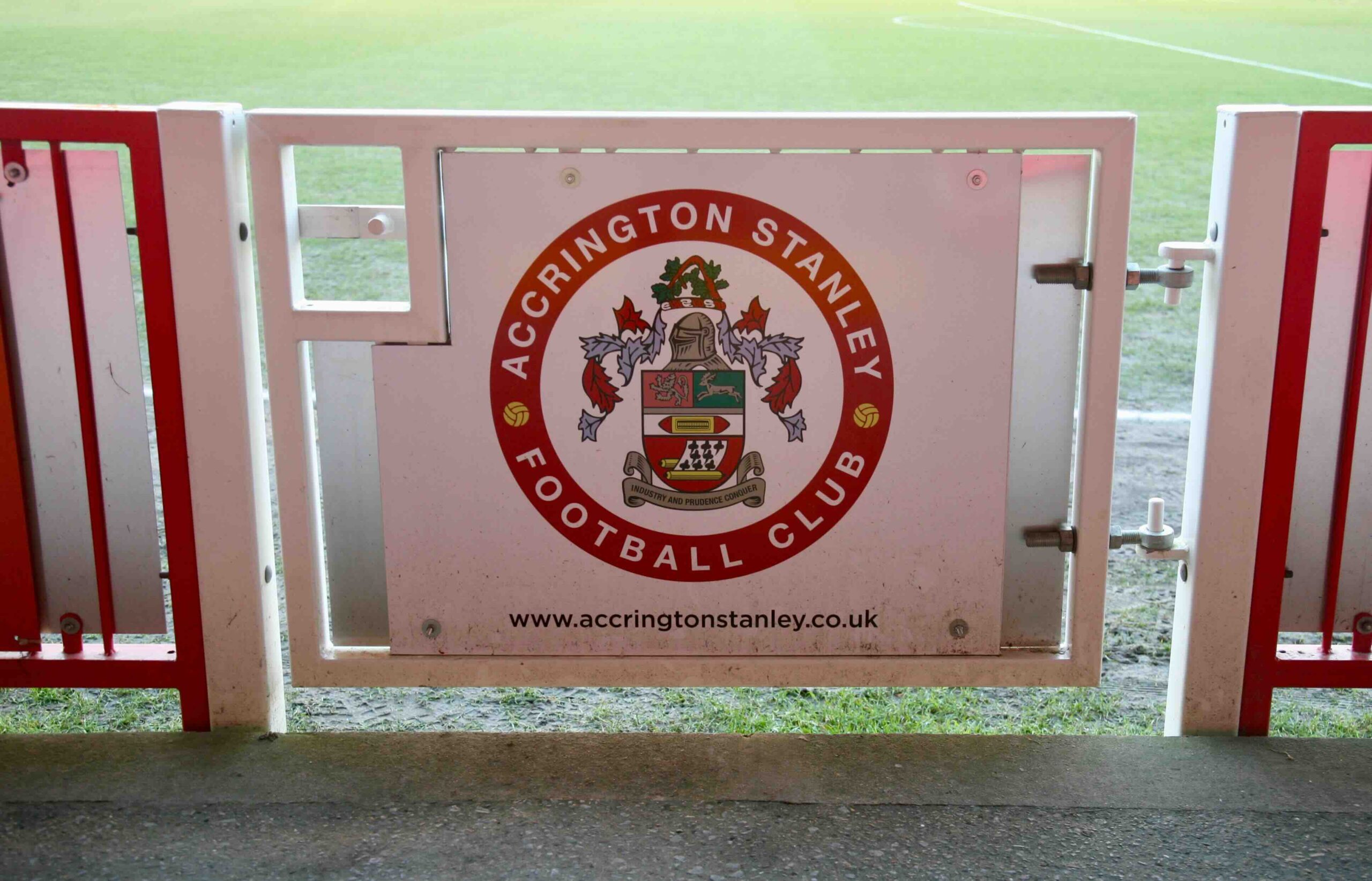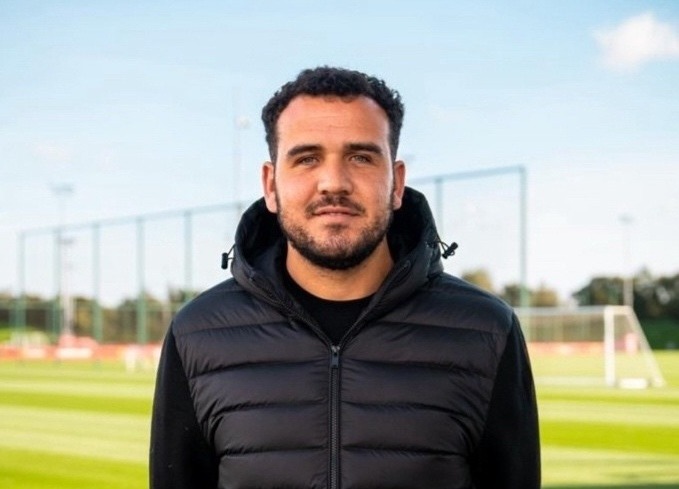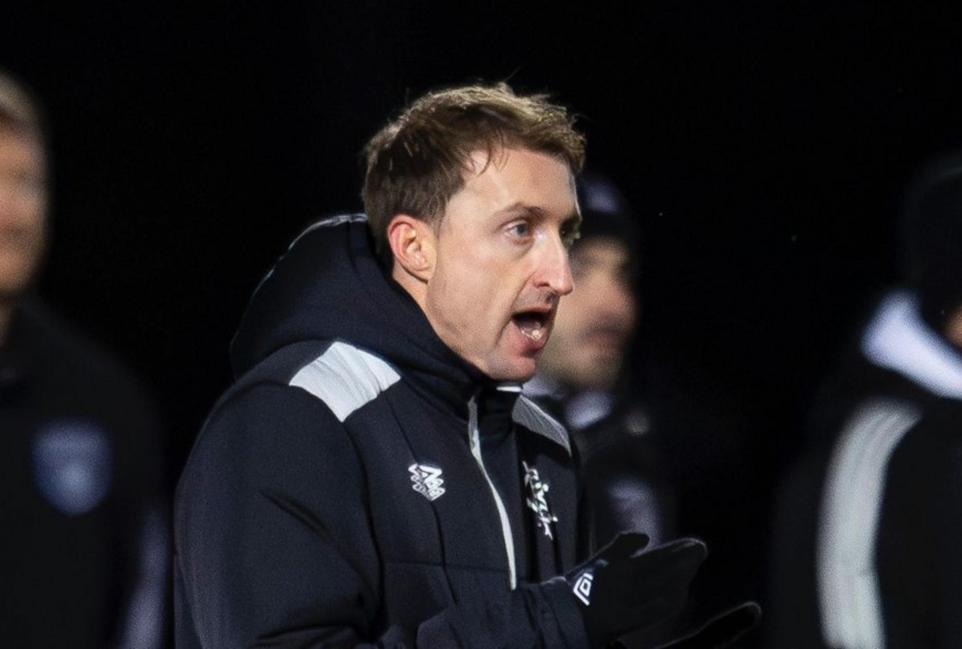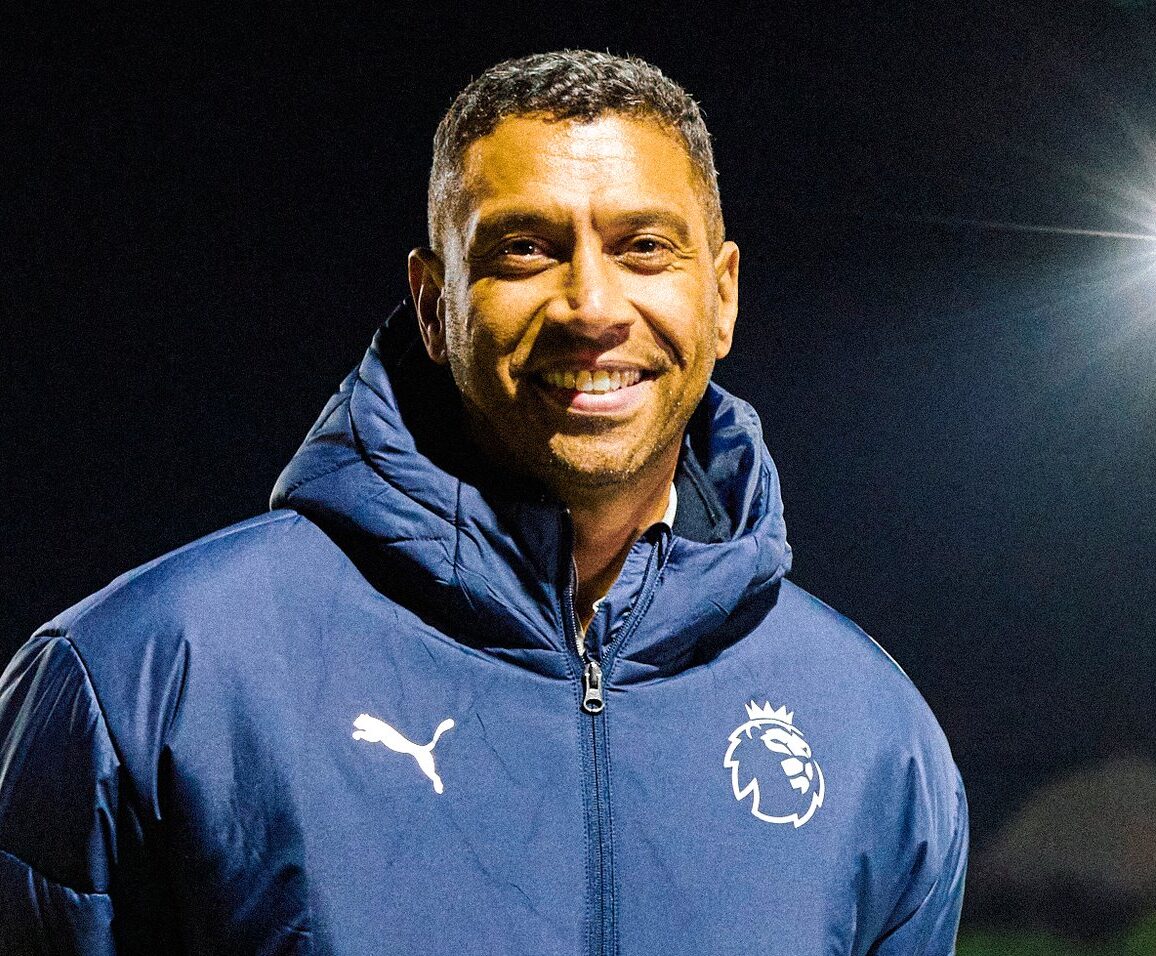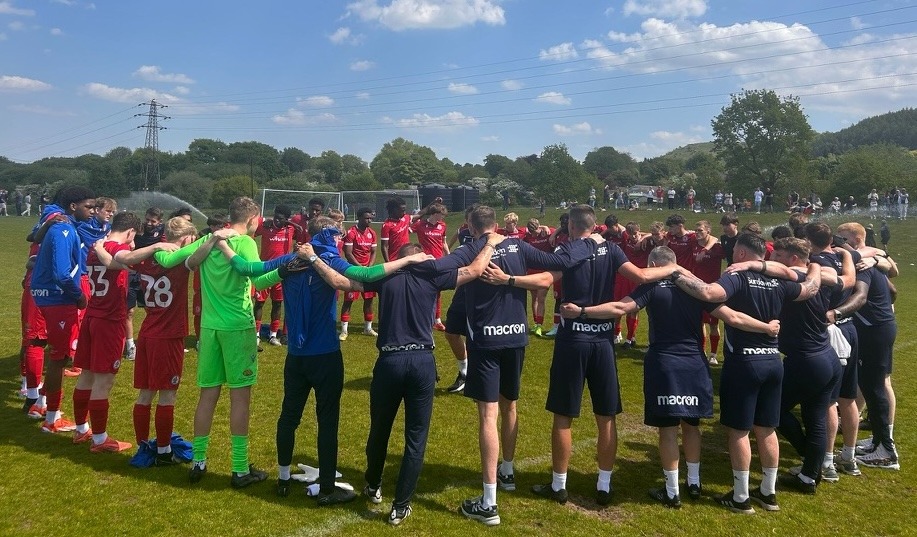
Accrington Stanley: Aftermath of an Academy closure
Written by
Chris Hough
August 6, 2025
Accrington Stanley closed their Category Three Academy in May, because of what the club said were “significant financial challenges” which meant “these difficult yet necessary actions must be taken”. Chris Hough, the Academy Manager at the time, tells TGG the inside story of what happened.
Chris Hough: I never imagined that I’d be asked to write a piece about the closure of an Academy, never mind my own, but here we are.
The decision to close Accrington Stanley’s Academy came completely out of the blue to us all. Even as Academy Manager, I was only informed of the news in the early afternoon on Tuesday May 6, with no prior warning or consultation.
I then had to inform all our full-time staff, part-time staff, scholars and parents in meetings arranged at the drop of a hat. It was difficult and emotional to try to comprehend how something that had taken years to build could be ended so abruptly – and even more difficult to put that into words to hundreds of people.
Initial disbelief was quickly followed by concern for everyone around, as I found myself consoling distraught parents and staff.
Some of our staff had young children. One had moved from Ireland to take up a full-time role with us. Another had had the completion of a house purchase fall through. A third had left a very stable job only two months earlier to join the Academy after months of persuasion from me.
Many were in the early stages of very promising careers and would no doubt have followed the same path as their predecessors towards Category One Academies.
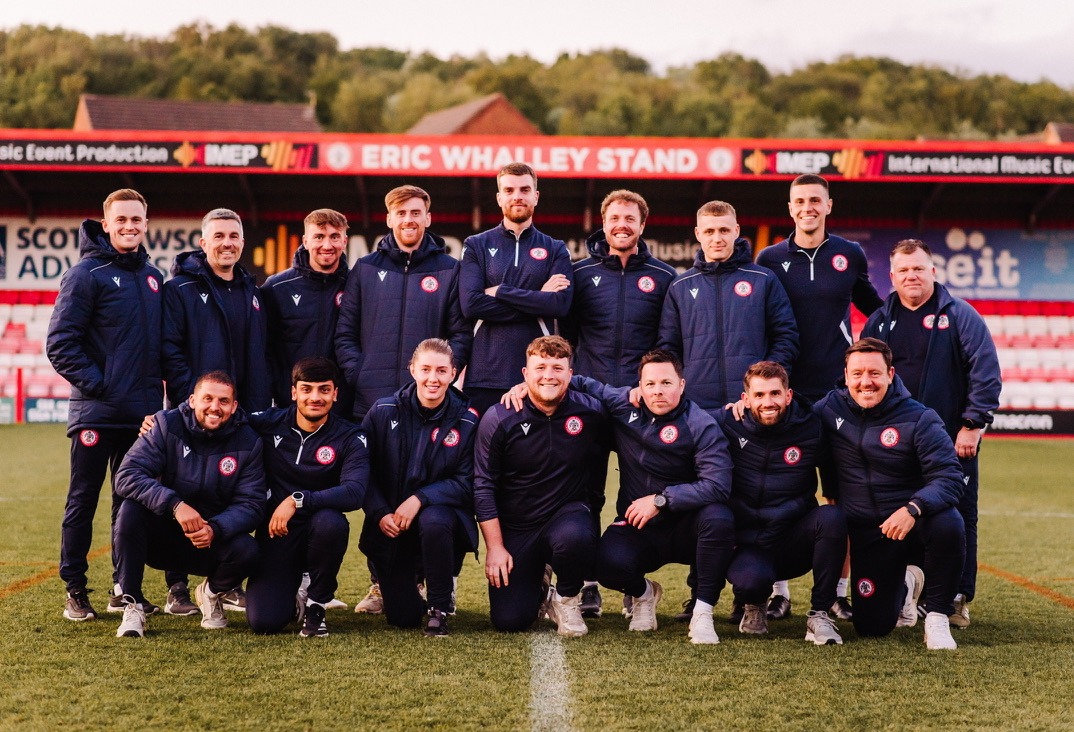
Accrington's Academy staff: Top row (left to right): Andrew Triggs, David Barron, Matt Ahern, Sean Cookson, Chris Hough, Rory Drysdale, Josh McDaid, Rich Henson, Mark Charlesworth. Bottom row (left to right): Luke Morgan, Kasom Shah, Olivia Lowe, James Whittingham, Michael Flannery, Endrit Shehu, Lee Roberts.
My own opportunity to lead an Academy was taken away after just one season, although years of experience were squeezed into my final week alone.
In the hours and days that followed the unexpected announcement, our focus quickly shifted to what we could still control. I was granted a final week to lead a structured closure that prioritised the players.
From that point forward, everything moved so quickly. Having got home that evening after 11pm, I was awake at 5am the next morning, replying to hundreds of messages and voice notes from worried parents, concerned colleagues and interested clubs regarding our players, who were now suddenly available.
As soon as I’d cleared my unread messages, I’d have another 100 waiting for me. That day, the staff and I operated from a nearby Starbucks from 9am to the time it closed, at 8pm.
The last email I sent from home that evening was to all the professional clubs in the country, because our priority was to get as many players as possible into new environments. We worked as hard as we could to make that happen.
Over the next three days, the staff continued to work around the clock to plan and deliver showcase fixtures at the Wham Stadium and Stanley Sports Hub, inviting every club in the country to attend.
Credit must go to Sean Cookson, Rory Drysdale, Endrit Shehu, Michael Flannery and Kasom Shah for ensuring these events ran as smoothly as they did. Credit also to the players for the way they approached their final fixtures for the club.
The final whistles brought a lot of sadness, but also a sense of closure to a manic week. We had done everything we could and had done it properly.
Closing the Academy meant 11 full-time staff lost jobs they’d worked years to earn, 21 part-time staff lost roles that had given them meaning and a pathway to progress, and 101 players and families lost a place of opportunity, belonging and safety.
Best Category Three Academy in the country
I want this piece to be not just about the closure of the Academy though. I want it to be a tribute to the hard work and capabilities of all the people who made the Academy what it was, because I am very proud of that and of them.
The development of people and culture enabled the Academy to be in the best position in its 18-year history. Despite the pain, we ended on a high, with the most capable group of staff and players the Academy had ever had.
This progress was more than six years in the making, from the time when former Academy Manager Duncan Fearnhead, former Head of Coaching Scott Rogers and myself, as Head of Operations, set our ambition to be the top Category Three Academy in the country.
We wanted to act like a mini Category One Academy in everything we did, which helped create purpose, raised expectations and gradually shaped the identity of an Academy that people respected.
The English Football League (EFL) recognised us as one of its top six most productive Academies only three months prior to our unexpected closure. Despite working with one of the lowest budgets in the EFL, we created an environment that consistently punched above its weight by behaving, thinking and doing things differently.
Based on EFL guidelines for minimum compensation agreement fees, more than £1m of assets were allowed to walk out of the door on May 6.
Chris Hough
We were proud to do things properly. This meant being intentional about our behaviours, standards and programme design. Over time, this approach attracted staff who wanted to improve and to be part of something different.
Since 2019, 10 members of staff progressed to first-team positions, nine to Category One Academies, two to Category Two Academies and one to another Category Three Academy. Eight developed from part-time to full-time positions within our own environment. This staff development was no coincidence.
Over six seasons, 15 players progressed from the Academy to earn professional contracts with the club and we averaged one compensation agreement with a Category One Academy per season.
These outcomes, whilst not the only markers of success, are meaningful indicators of the quality of programme we were running. The level of talent developed at the Academy became even more evident following the closure.
Within days, six players had signed professional contracts with new clubs, a further 13 had secured scholarships elsewhere, and 23 – almost a quarter of our entire Academy – are now signed with Category One Academies.
Of the 101 registered players across the U9-U18 age-groups, 57 have signed with new clubs and a further 39 are currently on trial. In total, 56% of all players received interest from Category One Academies.
Based on EFL guidelines for minimum compensation agreement fees, more than £1m of assets were allowed to walk out of the door on May 6.
However, the impact of the Academy will extend far beyond football. And whilst we were devastated that the closure meant the players could not continue their journey with us, we took pride in doing everything we could to support their transitions higher up the football pyramid.
The phrase ‘Beyond Football’ became a central part of how we worked. This approach fed into our Reframing Academy Identity work, which was about us being more intentional in how we described what Academy football is about for the majority of players and parents. This helped us to move away from a narrative focused only on becoming a professional footballer.
We worked hard to support parents in seeing their child’s time with us as a journey of personal development, with value far beyond whether or not they were offered a professional contract. This helped shift our emphasis towards behaviours and experiences that would serve the players well in all areas of life, both now and in the future.
The future
In the midst of the most difficult and emotional professional circumstances imaginable, I had the privilege of watching a group of staff demonstrate what true professionalism, selflessness and care really look like in Academy football.
Whilst facing the reality of losing their own jobs and the uncertainty of what comes next personally, every member of staff threw themselves wholeheartedly into supporting the players. They did everything possible to ensure our final week and final fixtures gave our players and their families the best platform and experience before leaving the football club for good.
It was just the right thing to do. In the moments following the announcement, there was a shared understanding that how we finished and closed would matter just as much as how we had worked for the last six years.
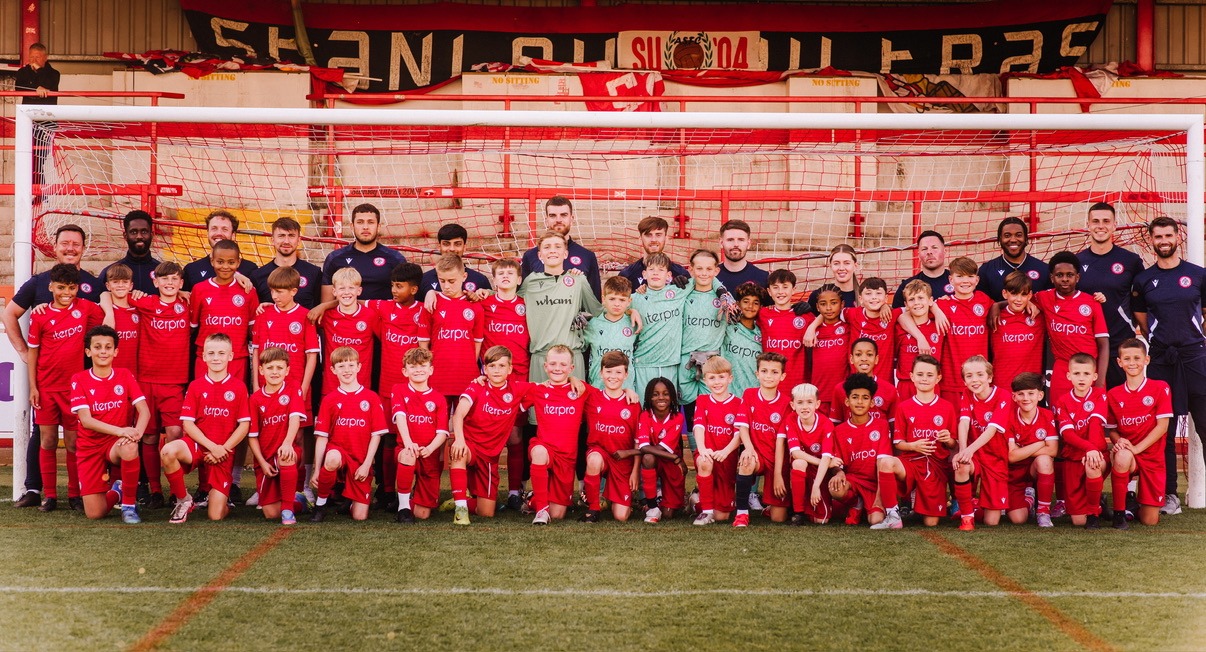
Having to stand in front of a group of staff and inform them that they were all losing their jobs was incredibly difficult. Then, in the very next breath, having to ask them to forget what I’d just told them, and to put the players first, was perhaps even more challenging, but we all wanted to go out in style.
I want to acknowledge the trust placed in us by all players and parents across the Academy’s journey, the work done by staff prior to my arrival at the club and the professionalism and commitment of the staff who made the Academy what it was. I am also grateful to those across the wider game who offered support throughout the closure, which was very much appreciated by all.
Thank you to Darren Wassall, Jim Briden and Graham Mitchell at the EFL, to Craig Skinner at League Football Education, to George Bowyer and Brent Freeman at the Professional Footballers’ Association, to Mark Farthing at the League Coaches Association, and to Martin Fearon, Sarah Hunt and everyone at Stanley Sports Hub and Accrington Stanley Community Trust.
We set out to become the best Category Three Academy in the EFL, and we were getting so close. Now the Academy will live on in the players, the staff, the ideas, and the belief that something small can still be something pretty special.
Moving forward, I would like to ask the Premier League and EFL to begin planning for youth development rule changes that reduce the risk of sudden and unexpected Academy closures in the future to prevent any other Academy going through what happened to us.
Follow Us
For latest updates, follow us on X at @ground_guru
